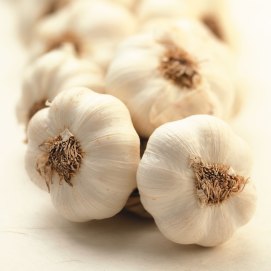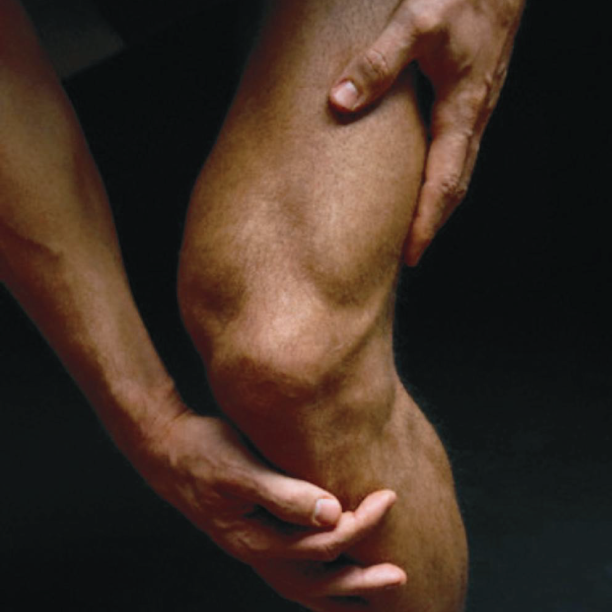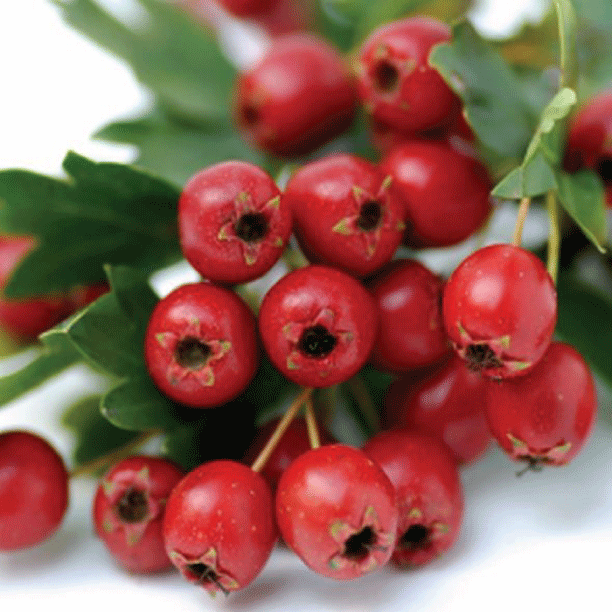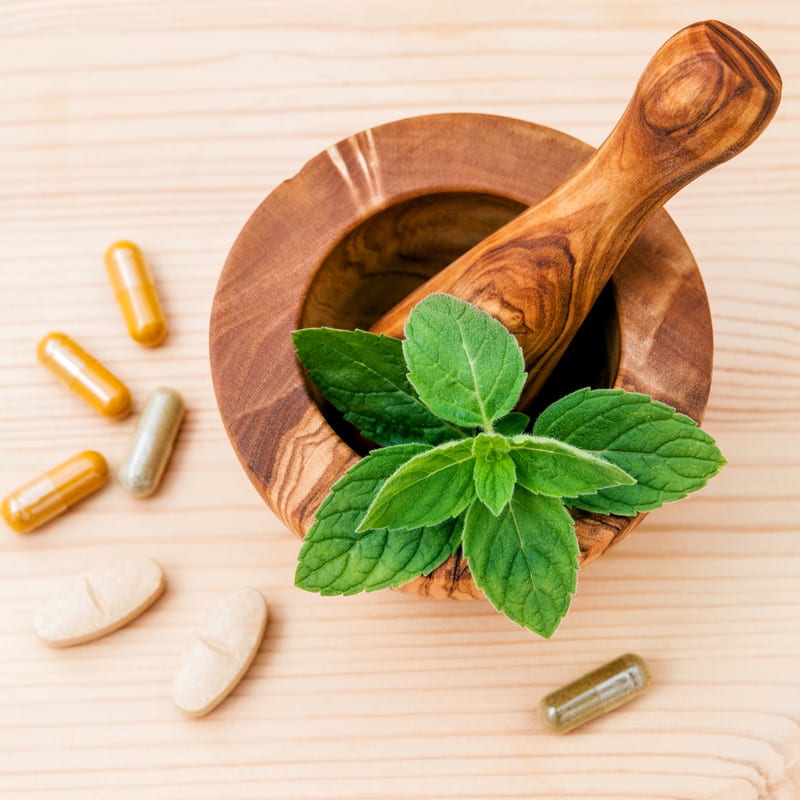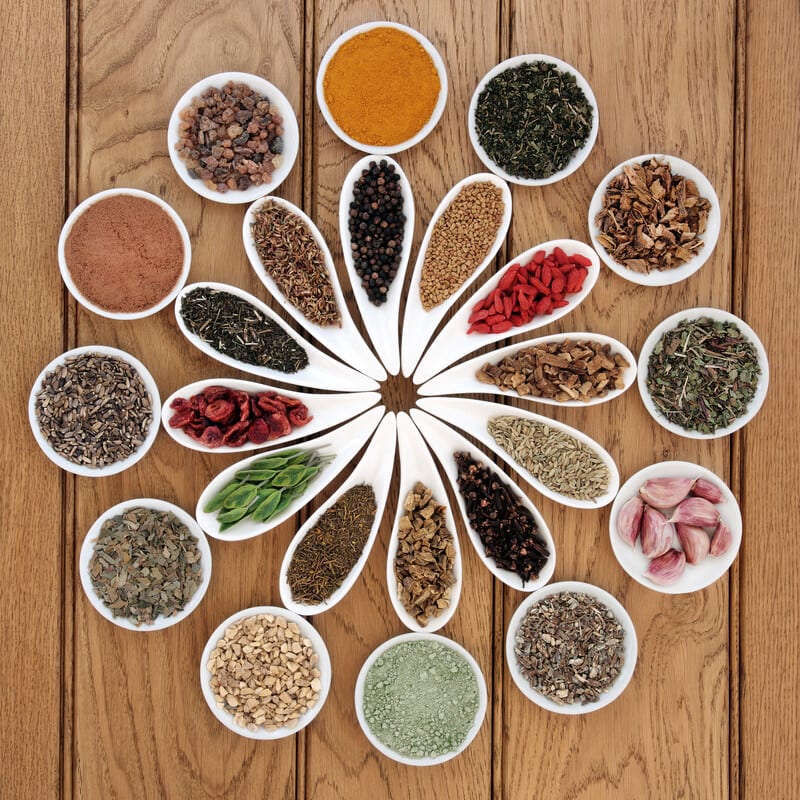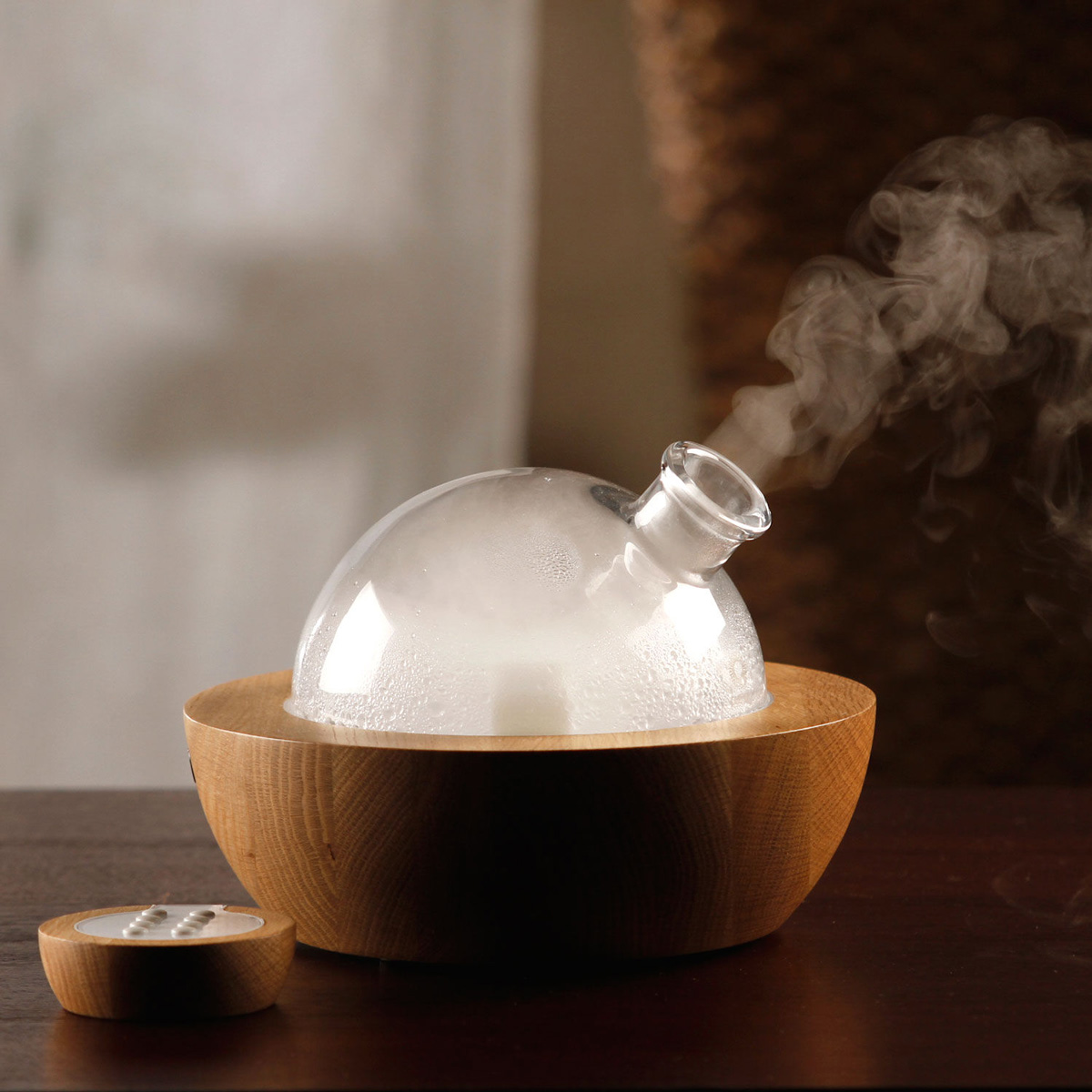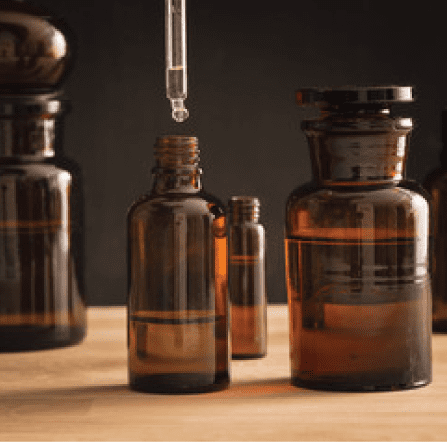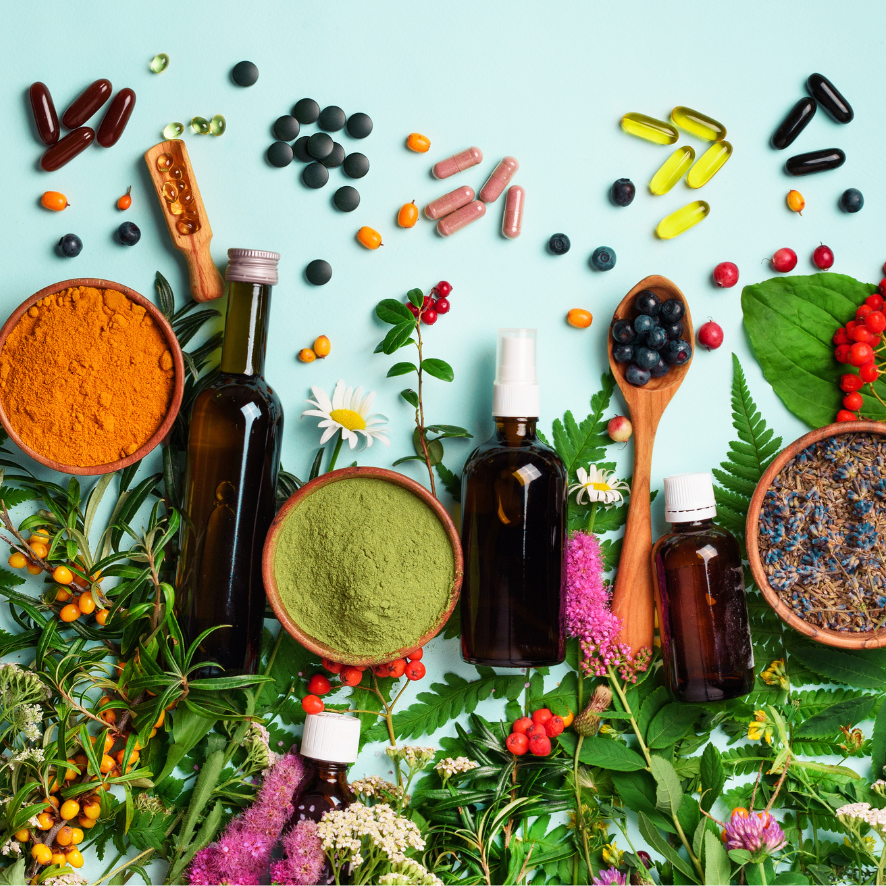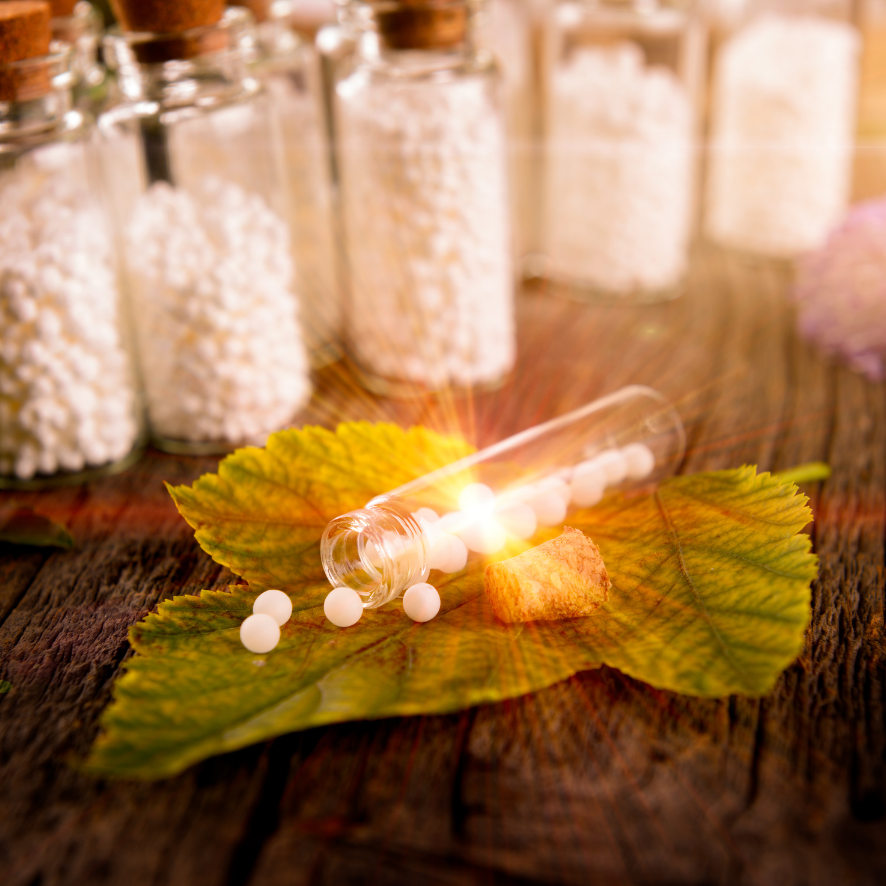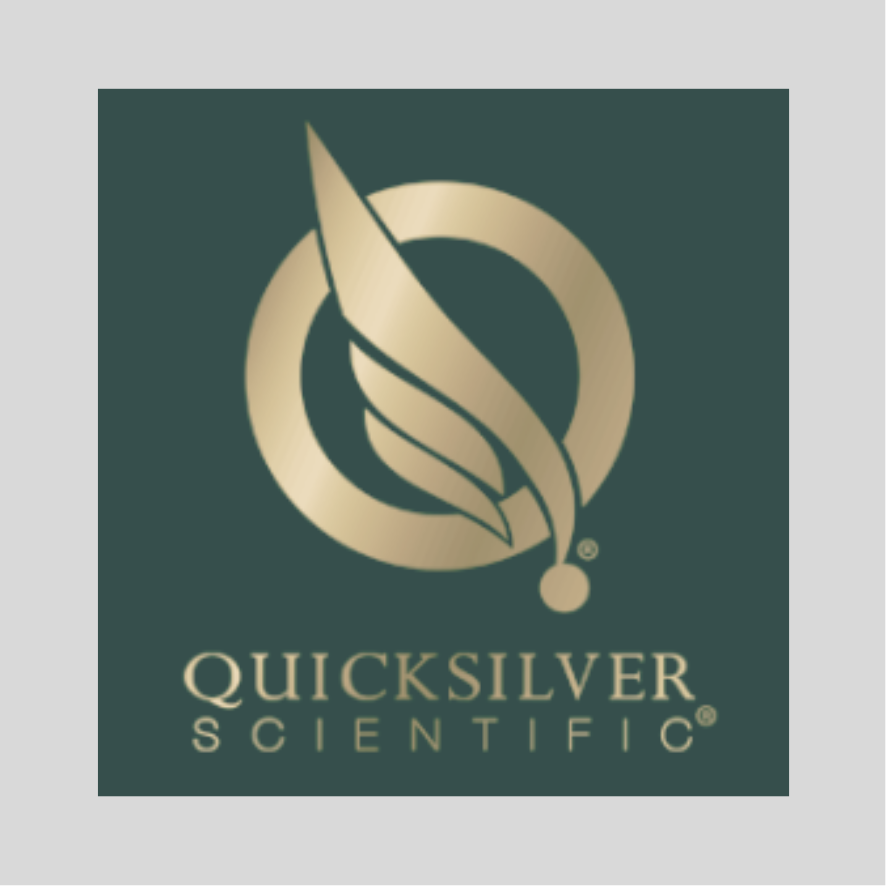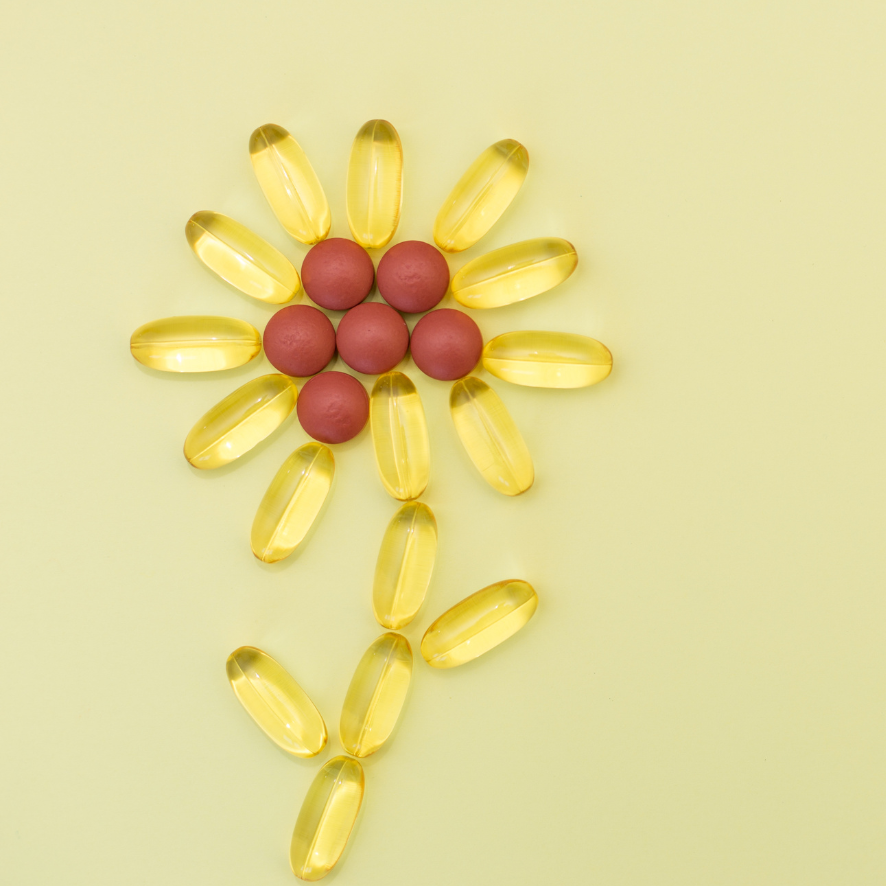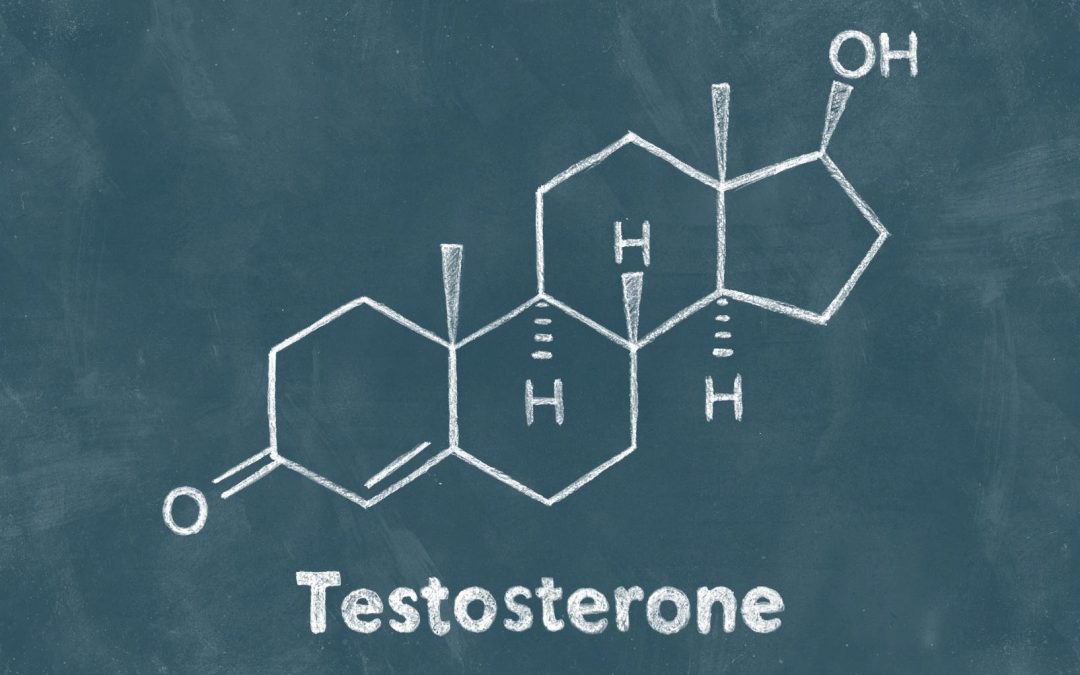How to increase testosterone: natural hacks that work
From supporting a healthy libido to building muscle mass, testosterone is an important hormone that has a massive influence on men’s health. Testosterone levels (sometimes called T levels) decline with age.
The effects of “low-T” are cumulative, meaning the lower they go, the more you feel the symptoms. Many men say that the more their testosterone levels decline, the older they feel. Want to know how to increase testosterone? Read on!
Although some men seek out anti-aging clinics and testosterone therapy, there’s actually an array of strategies — from exercise and diet to vitamins, minerals, and hormone-boosting herbs — that can support healthy 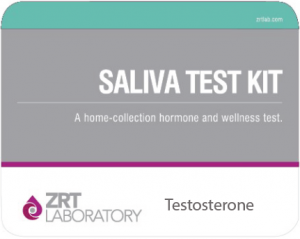 testosterone levels naturally. You can even eat certain foods that increase testosterone as part of a healthy lifestyle.
testosterone levels naturally. You can even eat certain foods that increase testosterone as part of a healthy lifestyle.
Here, we’ll describe and compare some of the lifestyle-oriented initiatives that men can take to encourage a healthy balance of this important hormone.
What Does Testosterone Do?
An anabolic steroid, testosterone is the primary male hormone. Though testosterone levels are substantially higher in men, women produce a small amount of the hormone as well.
In men, the testes produce most of your testosterone. In women, the ovaries produce testosterone. The adrenal gland produces some testosterone in both sexes.
In addition to enhancing sex drive in both men and women, testosterone plays a key role in the growth and repair of reproductive tissues.
In men, the hormone also promotes masculine or male characteristics during puberty and throughout life, such as a deep voice, body and facial hair growth, increased muscle growth, and greater bone mass.
Testosterone also helps the body produce red blood cells and sperm and plays a supporting role in the overall health of your body. Last but not least, low levels of testosterone may contribute to belly fat.
Natural Ways to Increase Testosterone
Using pharmaceuticals to enhance testosterone, such as injections, patches, and topical gels, may bring dangerous side effects.
It also is not necessary, since many natural methods — including exercise, diet modification, stress reduction, and supplements to increase testosterone — work quite well! Below are some of the best tried-and-true natural solutions to increasing testosterone, no matter your age.
Go to the Gym
Getting regular physical activity is a great way to boost your testosterone. Studies show that men who are physically active produce more testosterone than men who aren’t — perhaps because exercise sends your body the message that it needs stronger muscles and bones.
The best workouts for increasing testosterone are weight lifting and high-intensity interval training — sometimes called HIIT.
Resistance training with weights is an excellent way to increase testosterone, as is high-intensity interval training (HIIT). Leg workouts may even be particularly effective at testosterone-boosting.
Being overweight leads to lower testosterone levels, but even obese individuals can offset the hormone’s loss with increased physical activity.
Get Quality Sleep
Science shows that lack of sleep impacts testosterone production.
Be sure to get enough shut-eye, because sleep deprivation can affect your testosterone levels. Several studies found that insufficient sleep correlates with lower testosterone in the blood.
While everyone is different and recommended sleep times can vary, aim for at least seven to nine hours of zzz’s nightly. If you’re having trouble sleeping, check out our article on how to get more sleep.
Lose Weight
A higher weight usually means lower testosterone levels.
It’s a fact that being obese or overweight corresponds with low-T levels. Not only do obese men tend to have lower testosterone, but low testosterone affects metabolism and may hinder fat loss.
In other words, it’s a two-way street. If you are overweight with low-T levels, come up with a weight loss and calorie plan.
Try adopting a vegetarian or vegan plant-based diet while maintaining good nutrition and healthy levels of protein and fat. You can even incorporate weight loss supplements into your diet.
Eat Testosterone-Boosting Foods
Eating plenty of whole-food macronutrients — protein, carbohydrates, and fats — can help you maintain healthy testosterone levels.
Take Herbs, Vitamins, & Minerals:
A deficiency of certain vitamins and minerals could be a culprit in low testosterone. Be sure that you get enough vitamin D, zinc, and magnesium in particular. Also, try herbs such as fenugreek and ashwagandha, which may act as natural testosterone boosters.
Vitamin D3 – Studies associate vitamin D deficiency with low-T and suggest that supplementation can support normal testosterone levels.
Zinc – An essential dietary mineral, zinc also affects testosterone levels.
Magnesium – It turns out that low magnesium levels also correlate with low-T in men. As a result, taking magnesium appears to boost testosterone. Be sure to eat plenty of avocados, bananas, spinach, legumes, nuts, and seeds — all good sources of dietary magnesium.
Fenugreek – A medicinal herb in traditional Asian medicine, fenugreek may help to boost testosterone levels. You can find fenugreek in the spice aisle, or take it as a supplement.
Ashwagandha – Healthcare providers who are trained in the traditional Indian medicine known as Ayurveda may recommend the herb ashwagandha for male sexual dysfunction and infertility.
Tribulus – Another herb that’s popular in traditional Asian medicine, Tribulus terrestris enjoys a reputation as a natural aphrodisiac that can support healthy sex drive and optimal testosterone levels. Tribulus supplementation showed a 16 percent increase in testosterone levels. One study found an improvement in sexual health symptoms after 60 days of taking tribulus, including a jump in testosterone levels.
DHEA – A hormone produced in the adrenal glands, dehydroepiandrosterone (DHEA) is available in supplement form. DHEA plays a role in the formation of both testosterone and estrogen, functioning as a precursor to both hormones in the body. Some men take DHEA to boost T levels and improve sexual function and athletic performance.
Omega-3 Fatty Acids – Researchers have found that EPA (eicosapentaenoic acid) — an omega-3 fatty acid — played an important role in testosterone metabolism. The healthiest option is a plant-based omega-3 supplement made from microalgae oil.
D-Aspartic Acid – A natural amino acid that is available in supplement form, D-aspartic acid plays a role in the production and release of testosterone in the body.
Reduce Your Stress Levels
Stress has harmful effects on every aspect of your health, including reproductive health. Released during stress, the “stress hormone” cortisol can impede testosterone, blocking its effect in the body. Even in women, stress can effectively lower testosterone levels, as evidenced in a study of female students anticipating an important exam.
Try reducing stress by incorporating meditation, deep breathing exercises, taking relaxing walks, listening to music, and even dancing.
Cut Out Alcohol
Several studies link higher alcohol consumption with lower testosterone levels. Even moderate alcohol, consumed regularly, can impact your production of the hormone. Beer contains hops, a phytoestrogen (a plant form of estrogen). It’s also packaged in aluminum cans with plastic liners, both of which can affect hormone levels.
Avoid Endocrine-Disrupting Hormones
It’s no secret that human-created chemicals permeate the world, from the BPA in canned food to pesticide residue on your produce. Some of these chemicals are xenoestrogens — compounds that mimic estrogen — which can impede the production of testosterone in the body.
Signs & Causes of Low Testosterone
When testosterone drops below the normal range, you may notice changes including:
- Low sex drive
- Erectile dysfunction
- Low energy
- Increased body fat
- Reduced muscle mass
- Reduced bone mass
- Mood changes such as depression or irritability
- Reduced body or facial hair
In addition to normal aging, causes of low testosterone can range from hormonal disorders and infection to chronic illness and obesity. Injury to the testicles, as well as testicular cancer, can also impact testosterone levels. In some instances, the reason for low-T is a mystery.
Normal Testosterone Levels
Although opinions differ about what constitutes low testosterone, the diagnosis usually accompanies a blood testosterone level of less than 300 ng/dL in men.
Those aiming to restore optimal testosterone levels should aim to bring the hormone to the range of 425 to 1,000 ng/dL. Women usually have a range much lower, averaging 21 ng/dl.
Points to Remember
Testosterone, the primary male sex hormone, plays a variety of roles in human health. Not only does it support libido and sexual health including playing a role in the production of sperm, but testosterone also helps build muscle and bone mass and helps your body produce red blood cells.
Testosterone levels naturally decline with age and can lead to symptoms such as fatigue, low motivation, lower sex drive, erectile dysfunction, increased body fat, and reduced muscle and bone mass.
As an alternative to traditional testosterone therapies like patches, gels, and injections, many natural remedies can also help bring this hormone back in balance in men.
Natural ways to boost testosterone include getting regular exercise and quality sleep, losing weight, avoiding alcohol, reducing stress, and preventing deficiencies of vitamin D, zinc, and magnesium. Aim to keep testosterone in the normal range, over 425 ng/dL, to avoid the symptoms of low-T.
Results may vary. Information and statements made are for education purposes and are not intended to replace the advice of your doctor. If you have a severe medical condition or health concern, see your physician.
(Source: globalhealingcenter.com; June 11, 2019; https://tinyurl.com/y2s4af68)


